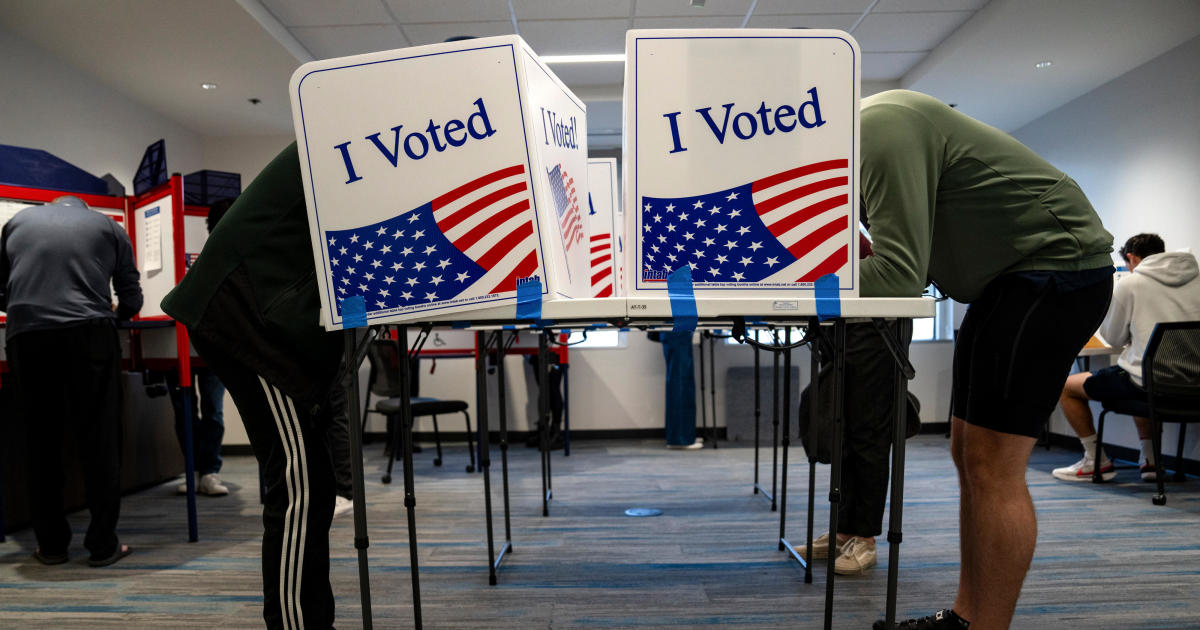As the 2024 election draws closer, the battle for the presidency is not only being fought at the ballot box but also in courtrooms across the country. This election cycle has been marked by an unprecedented number of lawsuits brought by both parties, raising concerns about the potential for the Supreme Court to once again play a decisive role in determining the outcome of the election.
The specter of the Supreme Court intervening in a close presidential contest dates back to the controversial ruling in Bush v. Gore in 2000. While the likelihood of a similar scenario playing out again is slim, the sheer volume of lawsuits being filed this cycle has increased the chances that the Supreme Court may be forced to step in.
Despite this, the Supreme Court has so far shown a reluctance to intervene in election disputes. The court declined to hear long-shot challenges to the results of the 2020 election brought by former President Donald Trump’s allies and has largely rejected attempts to alter the status quo in the current election cycle. While the court did partially intervene in a dispute over a proof-of-citizenship requirement in Arizona, it declined to grant relief in other cases, such as the Green Party’s bid to place Jill Stein on the Nevada ballot.
With early voting already underway in more than three dozen states and millions of votes cast, the Supreme Court has historically been cautious about making changes to election rules close to an election. This principle, established in a 2006 decision, aims to avoid confusing voters and election officials with last-minute changes.
Despite lower courts ruling that many of the cases have been filed too late, losing parties are still likely to appeal to the Supreme Court. Alan Morrison, an associate dean at George Washington Law School, noted that while some challenges should have been brought earlier and will likely be dismissed by the court, others may be considered if they could not have been resolved sooner or have significant implications.
Post-Election Day cases could also arise from allegations of voter fraud, which may be brought to the Supreme Court for resolution. In the aftermath of the 2020 election, former President Trump and his GOP allies filed over 60 lawsuits alleging voter fraud, the majority of which were rejected or withdrawn. This cycle, the Republican National Committee has filed 130 suits in 26 states ahead of the election, indicating a continued focus on legal challenges to the electoral process.
As the election draws nearer, the role of the Supreme Court in potentially deciding the outcome remains uncertain. While the court has shown a reluctance to intervene in election disputes, the sheer volume of lawsuits being filed in this cycle raises the possibility that the highest court in the land may once again be called upon to weigh in on a closely contested presidential election.









